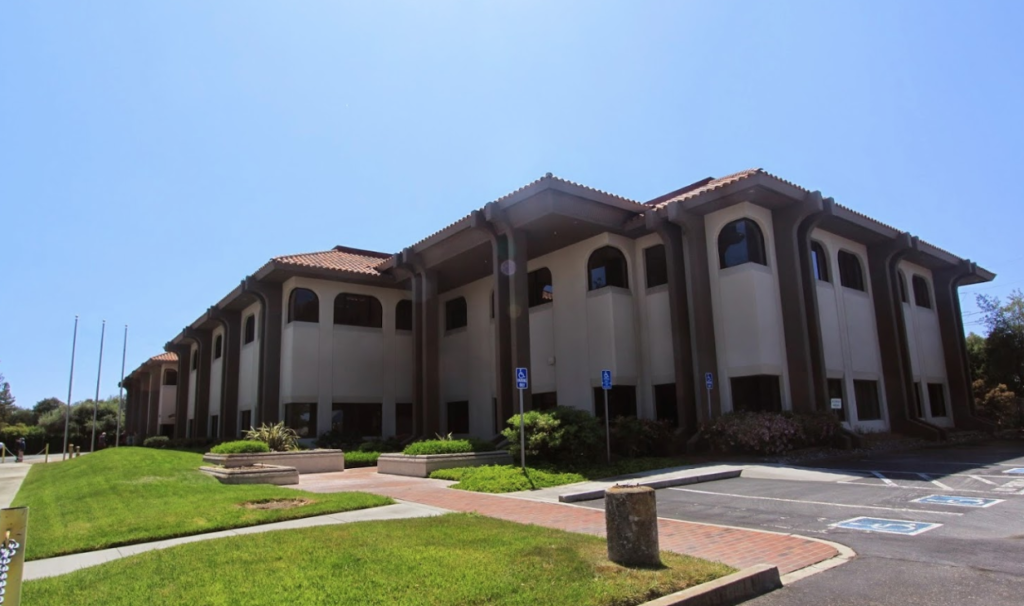Important Community Alert
We write to let you know that SBIA is working with the American Civil Liberties Union (ACLU), the Asian Law Caucus
(ALC), and the Council on American-Islamic Relations (CAIR) on some very timely civil rights efforts on behalf of the American
Muslim community. The intention of these efforts is to learn more about the Federal Bureau of Investigation’s (FBI) outreach
and surveillance activities with regard to northern California Muslims and to challenge the erosion of our civil liberties.
In 2010, the ACLU and ALC filed a Freedom of Information Act Request with the FBI, and last year a lawsuit was filed to
enforce the request. In response, they have received tens of thousands of pages of FBI documents. These documents
include general training documents and intelligence files on a wide range of groups. They also name dozens of mosques and
community centers in northern California, with which the FBI did "community outreach."
The ACLU’s national office published these documents online this week. You can find them and learn more about the efforts
at
http://bit.ly/HbjZjV. We will continue to work with ACLU, ALC and CAIR to publicize these civil rights abuses and challenge
them in an effort to help shape better and more protective policies. In the meantime, if you have questions about your
rights or would like to discuss your own individual experience with the FBI please call any of the numbers below to seek free
legal advice.
As a reminder, included below is some basic information about your rights with law enforcement agents, including the FBI.
If FBI/JTTF agent or any other law enforcement agent or officer contacts you in person or on the telephone:
You do not have to answer any questions, other than giving your name and sometimes your address.
• You may have an attorney accompany or represent you in any interview or questioning.
• Because it is easy to make mistakes in casual conversation, and because there are serious consequences to
giving incorrect information to a law enforcement officer, you should consult with an attorney before speaking
to any officer or agent.
• If you start talking to agents or officers by mistake, you can stop at any time. Tell the agents you do not want to
answer any more questions without a lawyer present. Offer to call them back or have your lawyer call them. If
you decide to go forward without a lawyer, you can choose when and where the interview is to take place, have
a family member, friend, or community leader present, limit the interview to certain subjects, and refuse to sign
any documents. You may cancel the interview at any time.
• If an agent shows up at your home and they do not have a search or arrest warrant, you have no obligation to let them in.
• Do not allow them inside.
• Ask if you are free to go, and offer to take their card so that you can get in touch with them through an
attorney.
• If an officer presents an arrest or search warrant, make sure the warrant is signed by a judge, and if it’s a search
warrant, make sure it’s for the correct address. If it appears to be a valid warrant, comply silently with officers’
instructions, but do not consent to any search beyond what is provided in the warrant.
• If the FBI comes to your workplace, the owner of the property can deny them access to private areas of the
property if there is no warrant. If your employer has a policy of excluding outsiders from non-public areas of
the property, you can inform law enforcement officers of that policy and ask them to show a warrant or leave.
If you are arrested, you can (and should!) still exercise your right to remain silent.
• Comply with all directives and do not physically resist an officer. Be polite and respectful at all times. Tell the
officers you do not want to answer any questions until you have a chance to speak to an attorney.
• Be aware that anything you say to an agent or officer can be used against you in a court of law, and lying to an
agent or officer is a criminal offense. Try to get the names, agencies, badge numbers, and business cards of ALL agents or officers who contact you. Contact
CAIR, ALC or the ACLU to report the interview/incident and to discuss next steps.
 The South Bay Islamic Association (SBIA) is one of the oldest Islamic Organizations in The Bay Area. Its headquarters are located in San Jose, CA. SBIA has been providing various services to the community since 1977 including the five daily prayers at two locations (San Jose Downtown, and Harris Way) and Friday prayers at both locations. SBIA has been active in spreading Islam through various Dawah programs and by hosting a number of activities including Weekend Islamic School, Quranic classes for children, Tafseer (English translation and Exegesis) classes for adults, conferences and community get-togethers.
The South Bay Islamic Association (SBIA) is one of the oldest Islamic Organizations in The Bay Area. Its headquarters are located in San Jose, CA. SBIA has been providing various services to the community since 1977 including the five daily prayers at two locations (San Jose Downtown, and Harris Way) and Friday prayers at both locations. SBIA has been active in spreading Islam through various Dawah programs and by hosting a number of activities including Weekend Islamic School, Quranic classes for children, Tafseer (English translation and Exegesis) classes for adults, conferences and community get-togethers.